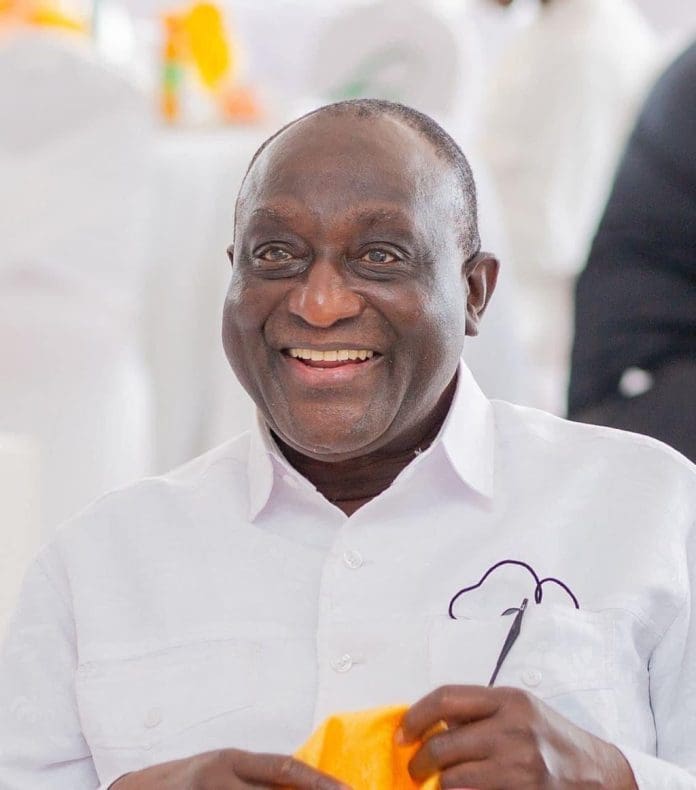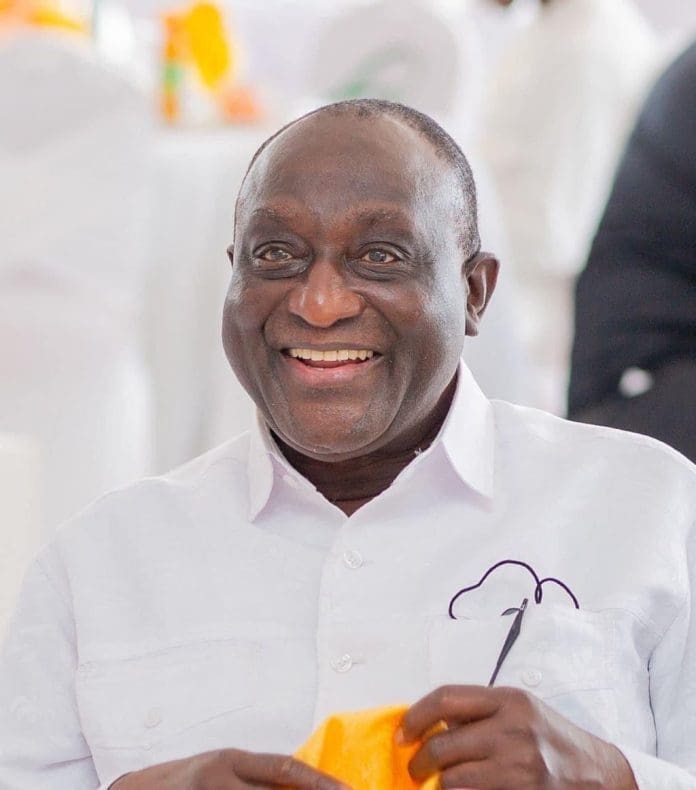
Alan Kyerematen has pushed back against suggestions that Ghana’s monetized political culture poses a threat to his newly launched United Party, arguing that the vast majority of Ghanaians have grown weary of vote buying and cash-driven campaigns.
Speaking in a TV3 interview monitored, the former Trade and Industry Minister insisted that political monetization primarily benefits a narrow elite within the country’s two dominant parties. According to Kyerematen, out of Ghana’s 13 million registered voters, fewer than half a million actually profit from what he described as the money culture pervading Ghanaian politics.
“If we’re talking about delegates, they don’t even make up one million people,” Kyerematen explained. He contended that this small group capturing financial benefits from political parties represents a tiny fraction of the electorate, while most Ghanaians remain excluded from such arrangements.
The United Party leader believes this widespread frustration creates a natural opening for his centrist political project. The party, which officially received its registration certificate from the Electoral Commission on October 3, was unveiled publicly on October 16 at the Coconut Grove Hotel in Accra.
Kyerematen drew a distinction between legitimate campaign financing and what he termed vote buying. Every political organization needs regular financing to function, he acknowledged, but paying voters directly for their support crosses a line his party refuses to approach. “There’s regular financing, which every political group needs, but monetization, paying to secure votes, is something we reject entirely,” he stressed.
The stance reflects the United Party’s broader positioning as what Kyerematen calls a credible centrist alternative to the New Patriotic Party (NPP) and National Democratic Congress (NDC). He suggested that Ghanaians naturally gravitate toward consensus and balance rather than political extremes, characteristics he claims his party embodies.
“Ghanaians are not extreme people,” Kyerematen said. “They gravitate toward consensus, toward balance, and that’s exactly what we represent.” The party has adopted “Ghana First” as its guiding motto, emphasizing national interest over partisan or personal considerations.
The United Party’s launch comes with ambitious economic promises, including Vision 2040, also known as the Paradise Project, which aims to make Ghana the economic powerhouse of Africa within fifteen years through transformation focused on job creation and business development.
During the TV3 interview, Kyerematen emphasized the urgency of breaking what he called the political duopoly, noting that increasing divisiveness in Ghanaian politics demands a party that can bridge the divide and provide equal opportunities regardless of age, religion, or ethnic affiliation.
Whether the United Party can translate its anti-monetization stance and centrist positioning into electoral success remains uncertain. Interim General Secretary Yaw Buaben Asamoa described the party as offering a home for Ghana’s silent majority, particularly the millions who abstained from voting in the 2024 elections out of frustration with the traditional parties.
Kyerematen’s political journey took a dramatic turn when he resigned from the NPP in 2023 to establish the Movement for Change, which has now transformed into the United Party. His departure from one of Ghana’s two major parties adds weight to his criticism of the existing political structure, though it also raises questions about his ability to build a viable third force.
The former minister’s confidence in overcoming financial disadvantages suggests he’s betting that voter frustration with money politics runs deeper than the resources his opponents can mobilize. Time will tell whether that calculation proves accurate when Ghanaians next head to the polls.
